Smart home enthusiasts have had a rough couple of months. Between cloud shutdowns, bankruptcy talk, and delayed features, the robotic vacuum space is hitting turbulence. The parent company behind Neato vacuums has pulled the plug on cloud services three years ahead of schedule, while industry giant iRobot faces potential bankruptcy after reporting substantial doubt about its future viability. And Apple's promised HomeKit vacuum support has been pushed back to early 2025, so the wait for seamless integration goes on.
When promises get broken: The Neato cloud catastrophe
Here's what really stings about the Neato situation, it is not just that the company shut down, it is how the aftermath was handled. When Neato Robotics closed its doors in 2023, Vorwerk, the parent company, assured customers their MyNeato app would keep working until 2028. A five-year runway felt reassuring, a quiet promise that the investment would still pay off.
Fast forward to October 2025 and the floor dropped out. Owners received emails informing them that cloud services were ending immediately. Three years early. One night you have a smart vacuum, the next morning you have a gadget you start by walking over and pressing a button.
The company's justification? Cybersecurity standards and compliance obligations had advanced beyond what their legacy systems could handle. On paper, reasonable. In practice, it turns thousands of smart vacuums into basic appliances that can only be operated by pressing the start button manually.
Not a one-off. VanMoof e-bike customers faced similar challenges in 2023 when the company went under, potentially leaving users unable to unlock their bikes. The mess was amplified because unlocking relied on Bluetooth when your phone came into range, using rolling key codes that depended on access to a VanMoof server. A third-party solution emerged and the company was eventually rescued. Neato owners have not been so lucky.
The pattern should worry anyone buying cloud-dependent gear. Many apps require access to a server, so when a company goes bust or ceases operations and the server goes offline, the smart functionality can be lost. This is no longer a hypothetical risk, it is the playbook.
iRobot's financial freefall: From market leader to bankruptcy risk
Remember when Roomba was the word for robot vacuums? That memory feels distant as iRobot faces a spectacular slide. The numbers are blunt: Industry estimates show iRobot's share was very high mid-2010s (commonly cited ~64% in 2016) and that its share fell into the mid-40% range by 2020–2022; exact figures vary by source, and U.S. sales crashed by 47% in 2024. iRobot reported a full-year net loss of approximately $145.5 million for fiscal 2024.
The drop then accelerated. iRobot's stock price collapsed by over 40% in a single afternoon after the company disclosed substantial doubts about its ability to continue operations. The phrase "going concern" might sound like corporate jargon, but it is financial terminology indicating a company may shut down within the next 12 months.
Quarterly results did not soften the blow. iRobot's revenue took a significant hit, falling 47% in the U.S. market and 34% in Japan compared to the previous year. The company reported fourth-quarter net losses deepening to $77.1 million, compared to losses of $63.6 million during the same period last year. Even cash flow shrank considerably, dropping from $185.1 million to $134.3 million over the same time frame.
Then came the gut punch. Amazon's proposed acquisition (initially announced at ≈ $1.7 billion in Aug 2022; later cited as $1.4 billion at termination) fell through due to regulatory concerns. Without a Plan B, iRobot responded by announcing layoffs of ~350 people (~31% of headcount) in Jan 2024 and subsequent reductions that brought cumulative cuts to roughly half of earlier headcount by late 2024. and cutting costs wherever possible. The fact that iRobot had no contingency plans in place for Amazon's failed acquisition says plenty about leadership choices.
How the mighty Roomba lost its way
iRobot's fall was not just bad luck. It was a string of slow calls and missed turns. The company was notably slow to adopt LiDAR navigation technology, while rivals like Roborock pounced early. When iRobot finally introduced LiDAR in 2025, it was catch-up in a market it once owned. Too late, and consumers noticed.
Meanwhile, rivals like SharkNinja, Roborock, Eufy, and Ecovacs steadily gained ground. Parks Associates estimates that iRobot's share dropped from nearly two-thirds in 2018 to just 48% today. Many of these competitors come from larger appliances and smart home ecosystems, which gives them scale, distribution, and cross-product hooks iRobot could not match.
Reviews echo the shift. Recent reviews from Wired and Vacuum Wars gave Roborock's Qrevo S model top marks, a clean signal that leadership has moved. Not one fluke, a trend.
External headwinds piled on. The U.S.-China trade war increased production costs. Then the expiration of iRobot's dual-stage brush patent in 2023 let competitors echo and tweak core tech, erasing a moat.
Adding insult to injury, Most Roombas historically lacked native HomeKit support, though iRobot and other makers have since begun Matter/HomeKit rollouts for some models (e.g., Roomba Combo 10 Max firmware/HomeKit updates in 2025) or offer cloudless operation, features tech-savvy buyers now expect. Competitors like Roborock counter with comprehensive replacement parts and better repairability. That contrast hurts.
Apple's HomeKit vacuum delay: Another setback for smart home integration
Just when the category needed a lift, Apple tapped the brakes. The company has postponed HomeKit robot vacuum support until early 2025, walking back its original promise to deliver this functionality with iOS 18 in 2024. For Apple fans who want to control vacuum robots via Apple Home and integrate them into automations, the delay is a letdown.
The tease was strong. The Home app was supposed to support core functions like different cleaning modes, charging status, and power control, and Siri integration would allow voice commands for room-specific cleaning. Saying "Hey Siri, clean the kitchen" had real everyday appeal.
The plumbing is there. The feature leans on Matter support, which added robot vacuum compatibility in version 1.2, and manufacturers like SwitchBot have already released corresponding updates. Which suggests the holdup is on Apple's side, not the ecosystem.
Even when it lands, there is a catch for international users. Voice commands will initially work only in U.S. English. The delay likely pushes the rollout to iOS 18.3 or 18.4, with the latter expected in April 2025.
What this means for the future of smart cleaning
The lesson is loud and clear for smart home buyers, and it is not theoretical anymore. The importance of choosing products with HomeKit or Matter support becomes obvious when proprietary clouds blink out overnight. Neato owners are stuck with manual operation, while devices built on open standards have a better shot at staying useful even if the original company disappears.
The vacuum market is mid-shift. Established brands are under pressure from rivals that often ship better features for less. Again, the reviews tell the story. Recent reviews from Wired and Vacuum Wars gave Roborock's Qrevo S model top marks, a sign the newer players are winning on performance, features, and long-term value, not just price.
Repairability matters too. While iRobot has leaned into closed systems, companies like Roborock provide comprehensive replacement parts and better repairability. That resonates with people who want devices that last.
For Apple users, the HomeKit delay is a reminder of how tough true integration can be when one company holds the keys. Still, reports suggest Apple is planning a major smart home initiative for 2025, possibly with new hardware like a dedicated home control center, which could energize the ecosystem when these vacuum features finally show up.
Where do we go from here?
The robotic vacuum world is going through growing pains that mirror the broader smart home. The fixes are not mysterious. Cloud dependencies create vulnerabilities that can instantly transform smart devices into basic appliances, and even market leaders aren't immune to rapid disruption when they fail to innovate. Neato shows what happens when promises get cut short, iRobot shows how fast dominance crumbles.
There is a silver lining. Standards like Matter are creating more resilient ecosystems that could head off future Neato-style disasters. When vacuum manufacturers embrace open standards instead of proprietary clouds, consumers end up with devices that can outlast their makers. Interoperability shifts the game toward features and value, not lock-in.
If you are buying in this storm, the path is simple enough. Favor open standards, dig into a company's long-term viability before big purchases, and avoid getting locked into clouds that could vanish overnight. The vacuum wars are far from over. The winners will be the ones who embrace interoperability and put user control first, whether that means backing Apple's eventual HomeKit integration, choosing Matter-compatible devices, or sticking with brands known for parts and longevity. Protect the investment past day one.




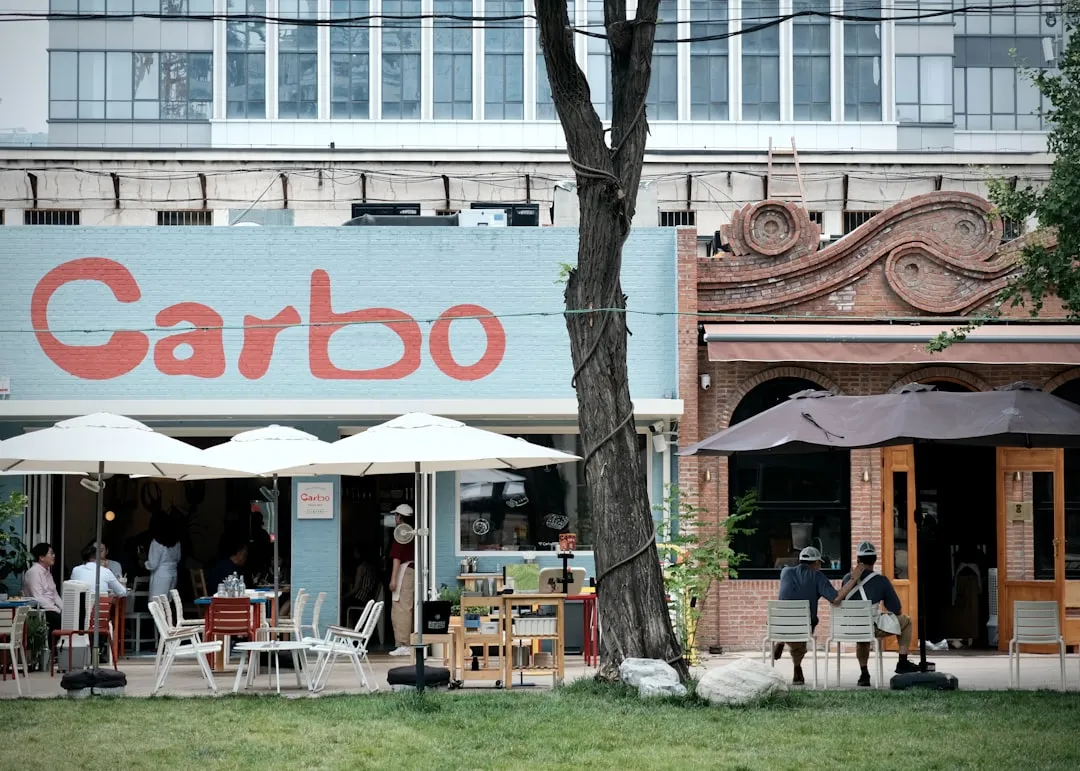
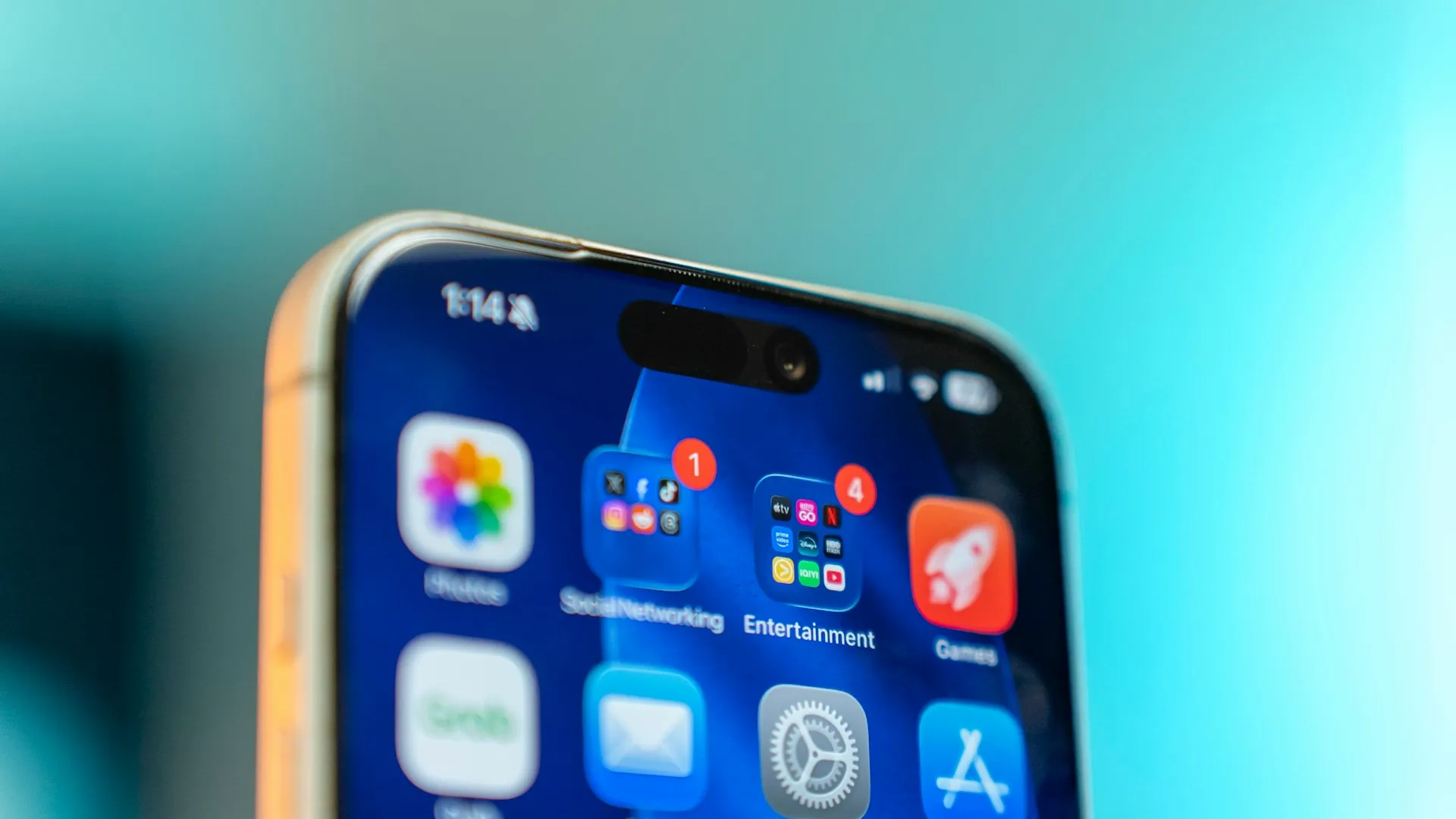
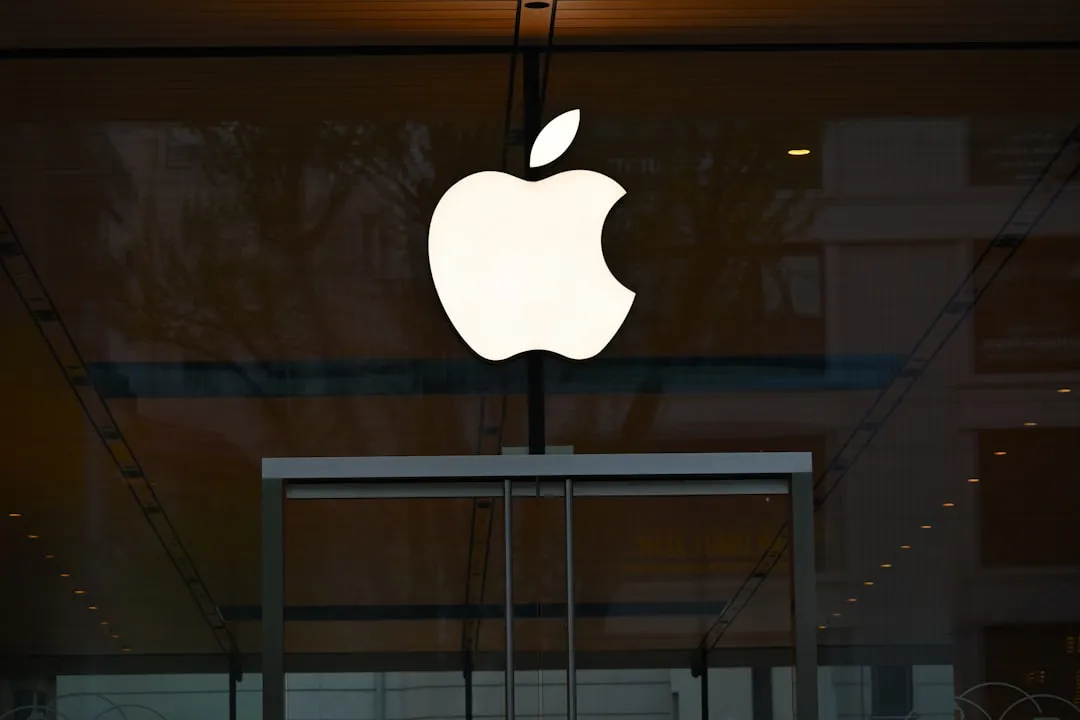

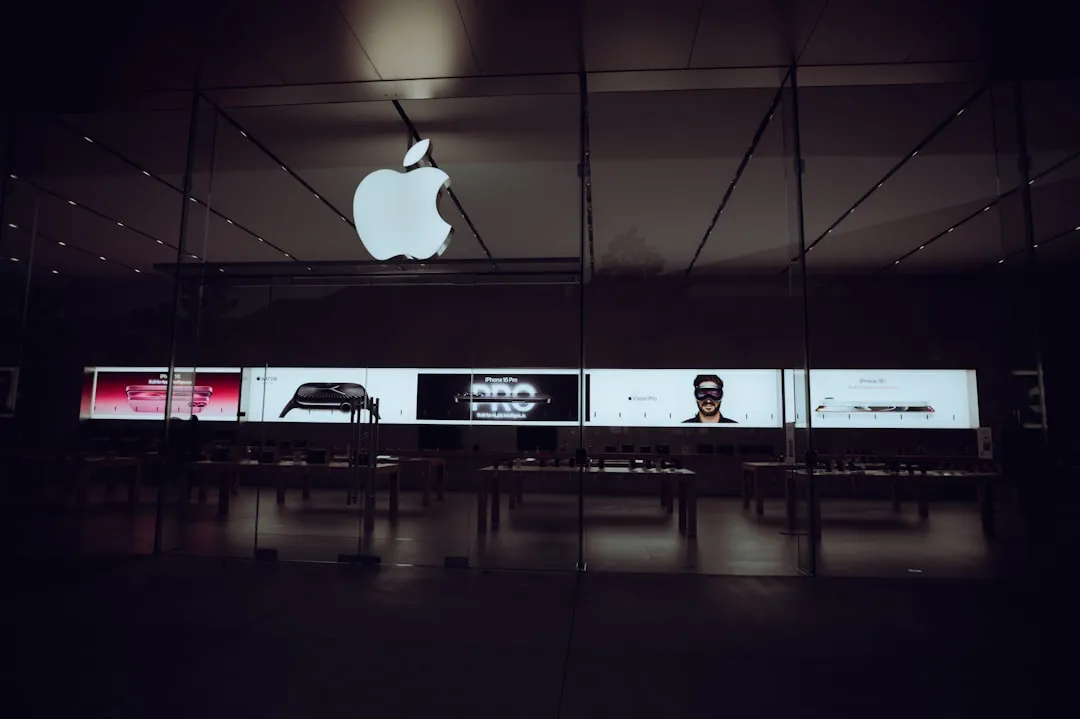
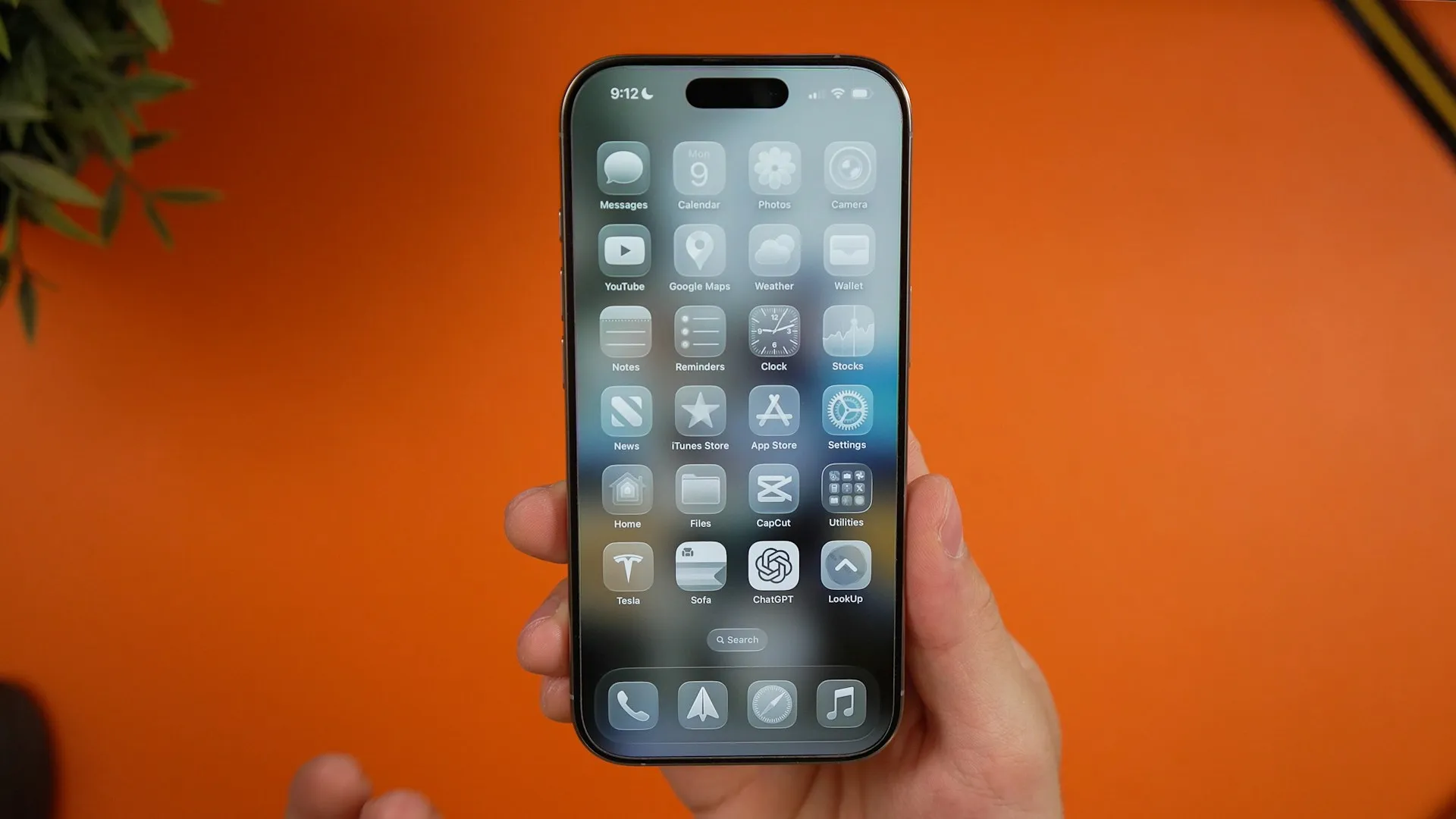

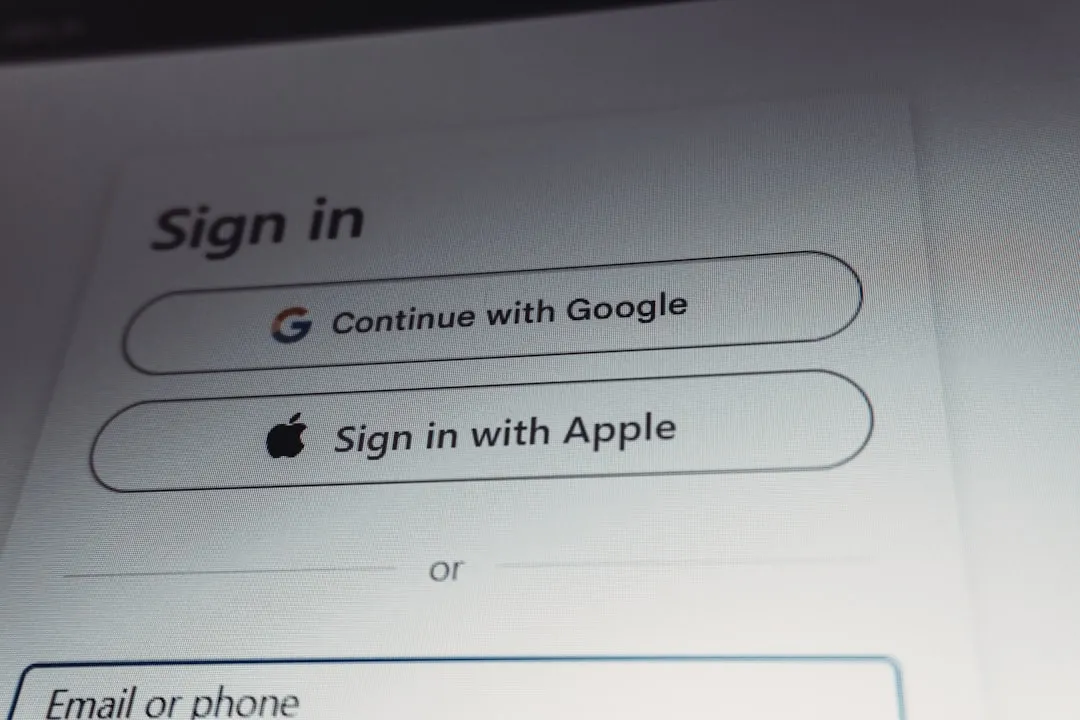
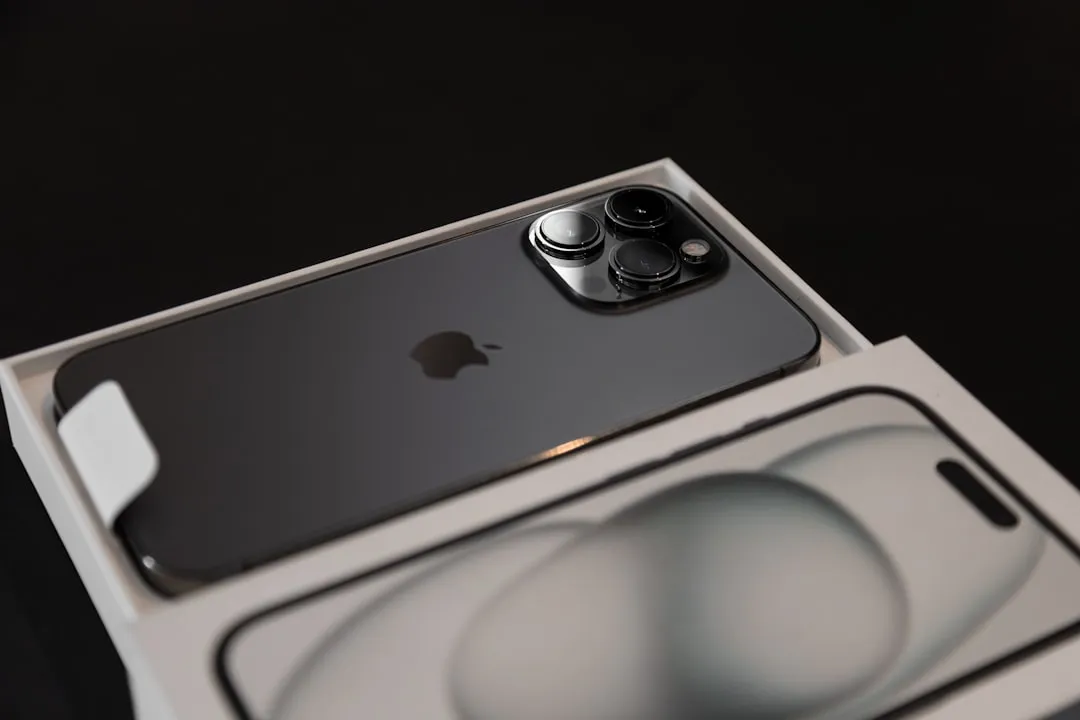
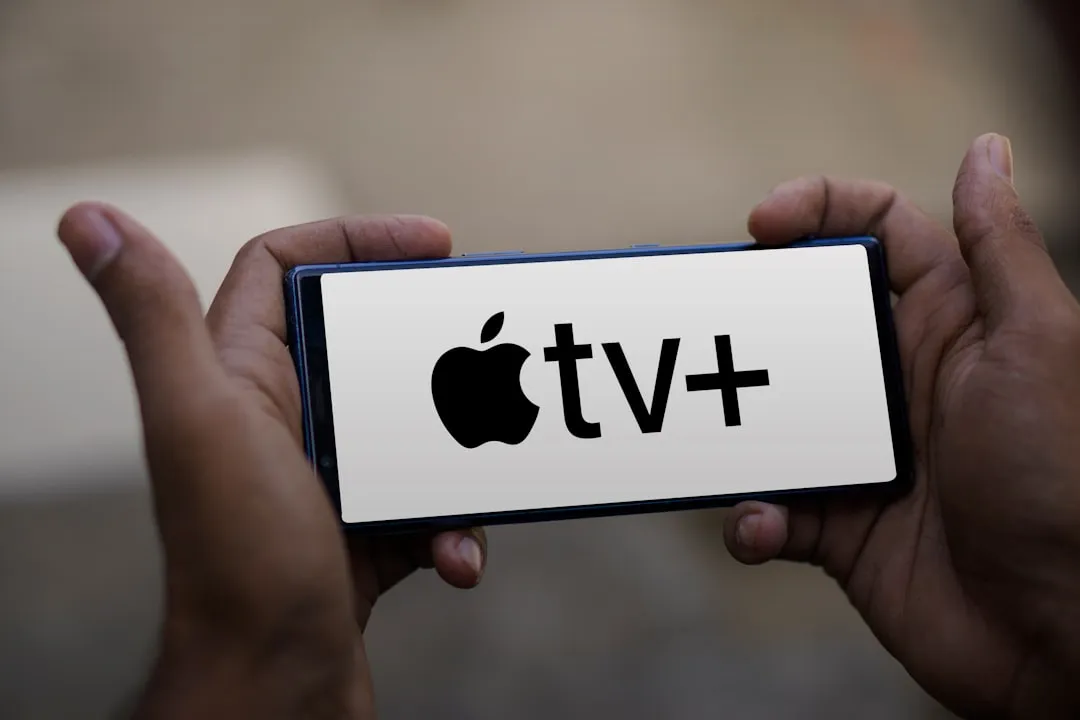

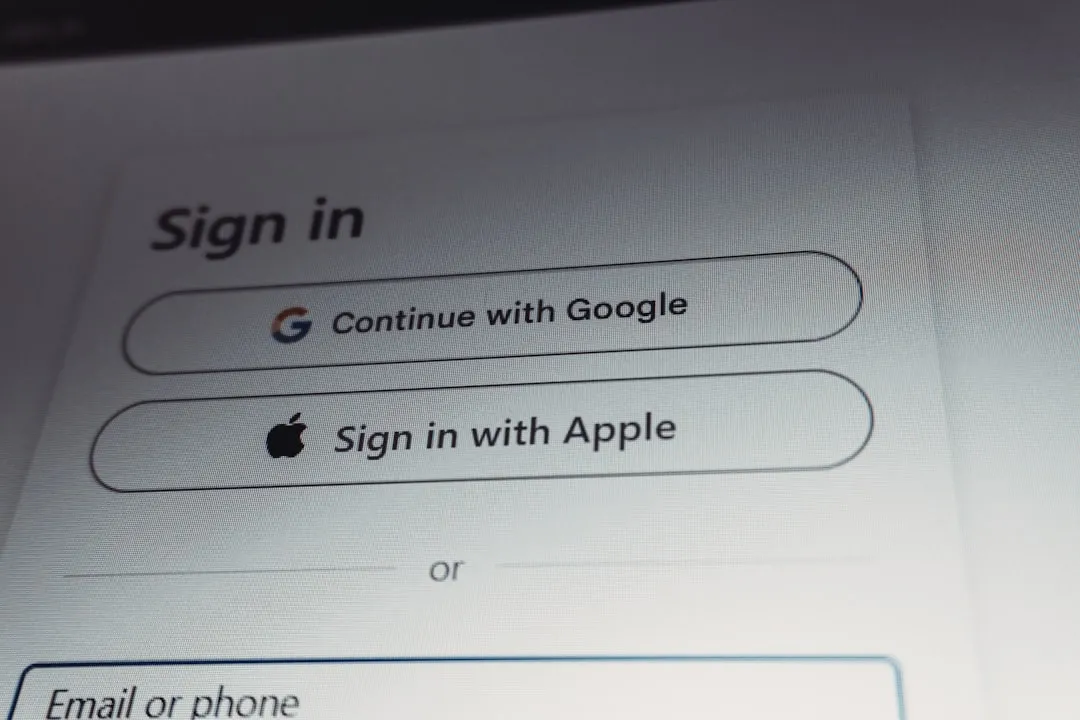
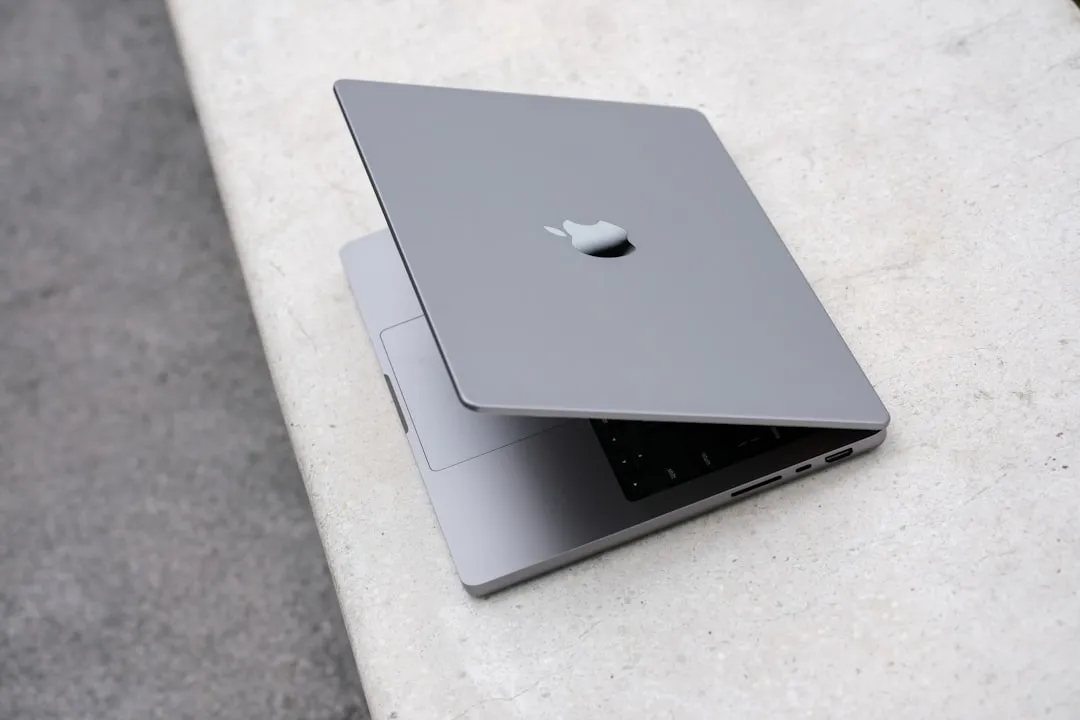

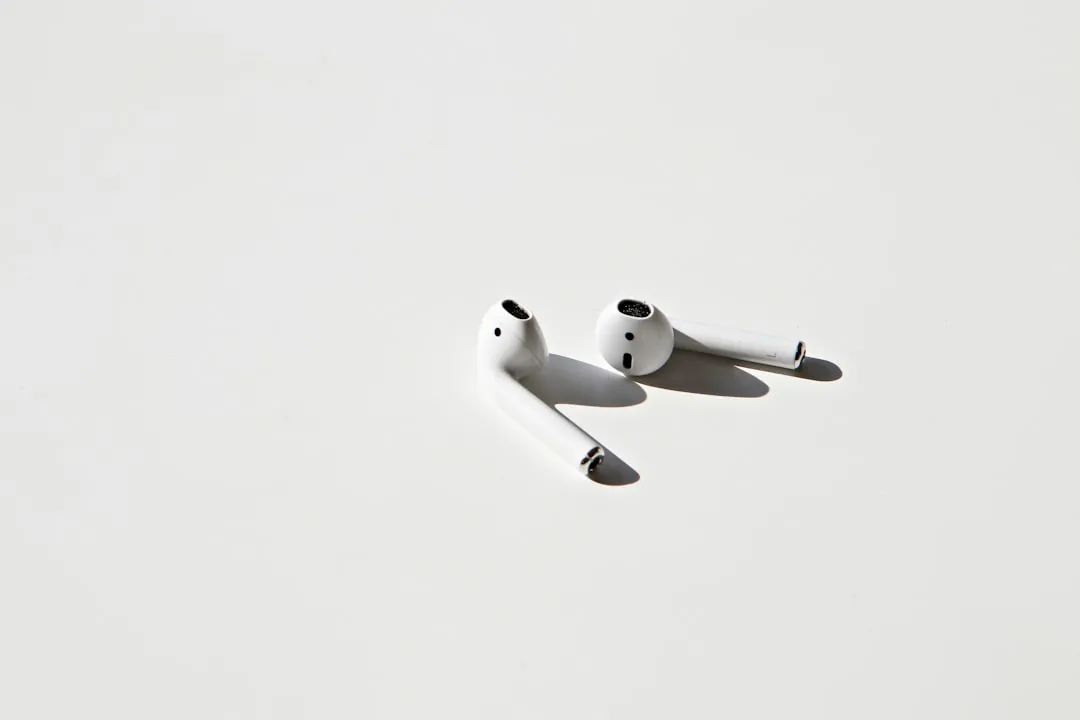
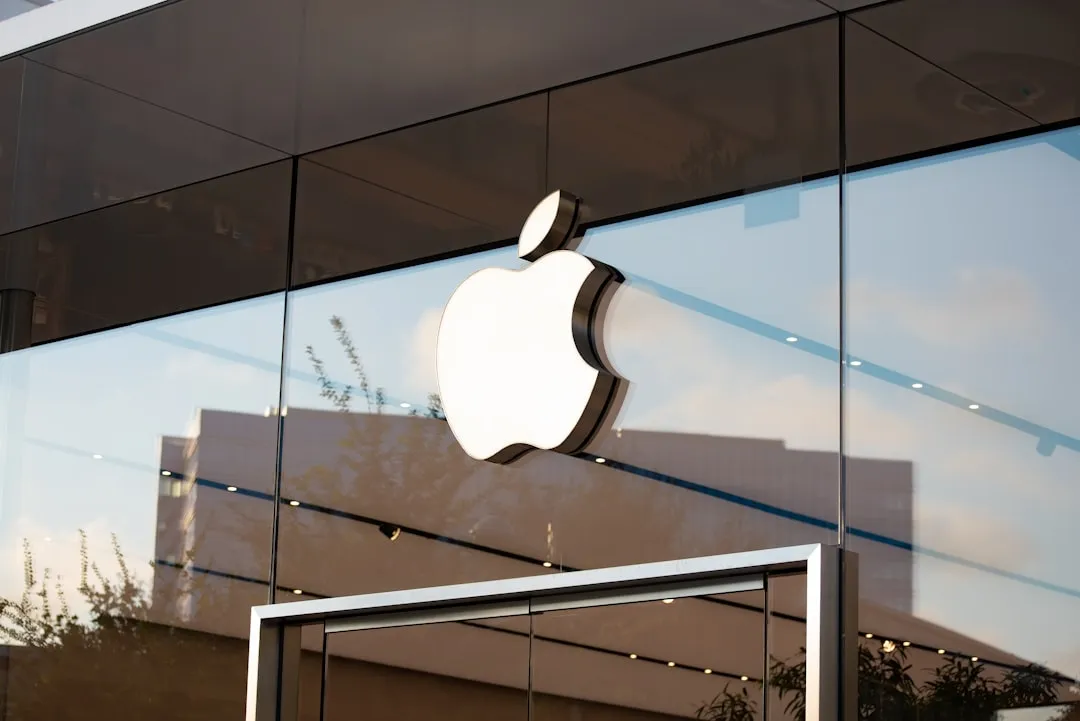

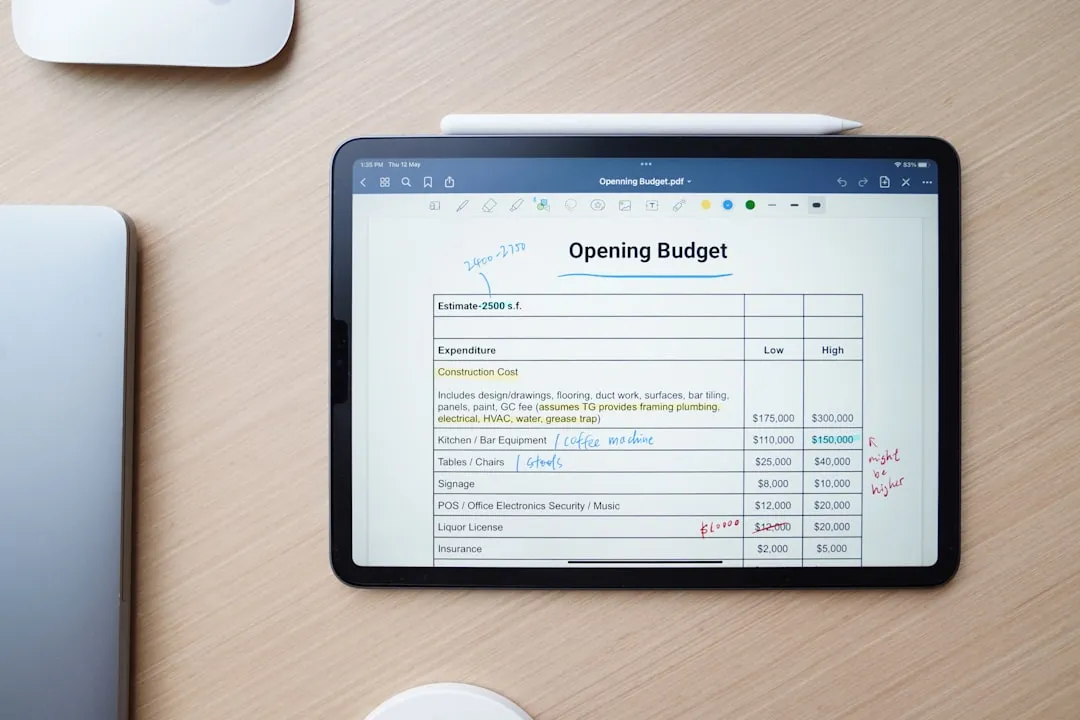

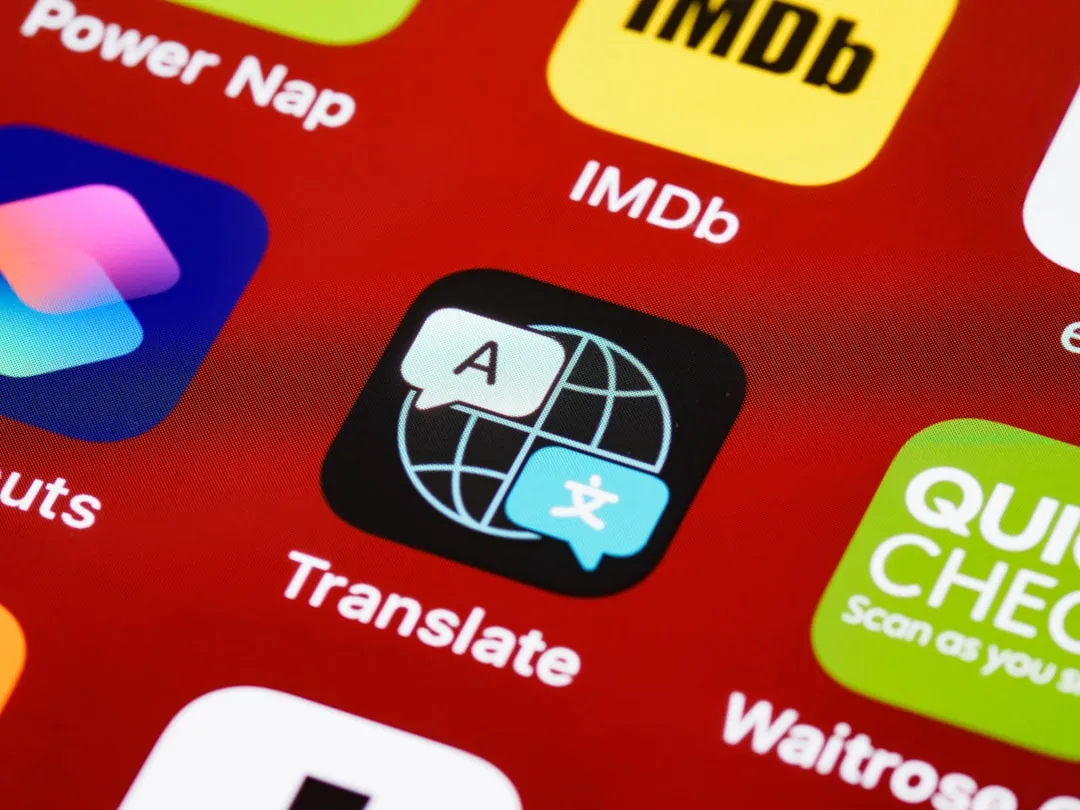

Comments
Be the first, drop a comment!